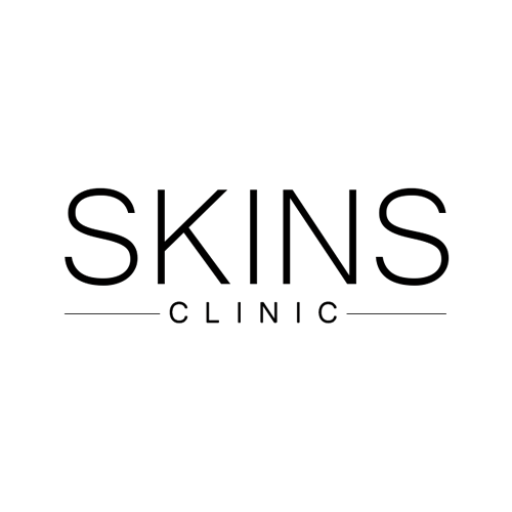
Melasma is a skin condition characterized by brown or blue-gray patches or freckle-like spots. It’s often called the “mask of pregnancy.” Melasma happens because of overproduction of the cells that make the color of your skin. It is common, harmless and some treatments may help. Melasma usually fades after a few months.
How is melasma treated? What medicines help?
The first thing you need to do to treat your melasma is to make sure that it doesn’t get any worse. Do this by avoiding the sun, tanning beds, LED screens, irritating soaps and birth control that includes hormones. If you are exposed to the sun, be sure to wear sunscreen with iron oxides and a SPF of 30-50 applied every two hours, as well as a wide-brimmed hat. These steps may prevent your melasma from getting worse.
The second path to take is topical medications. Topical therapy using tyrosinase inhibitors prevents new pigment formations by stopping the formation of melanin (the dark color). Examples of tyrosinase inhibitors and other types of helpful agents include:
Azelaic acid: This cream, lotion or gel is applied twice a day. It’s safe for pregnant women to use.
Cysteamine: A small study of 50 people found cysteamine cream to be more effective than a placebo.
Hydrocortisone (a topical corticosteroid): Hydrocortisone helps fade the color caused by melasma. It can also lessen the likelihood of dermatitis that may be caused by other agents.
Hydroquinone: This medication is applied as a cream or lotion. It goes directly onto the melasma patches at night for two to four months.
Methimazole: Methimazole is an antithyroid cream or an oral tablet. It’s known to help melasma that resists hydroquinone.
Soybean extract: Soybean extract is thought to reduce the transfer of color from the melanocytes to the skin cells.
Topical alpha hydroxyacid: Epidermal pigments can be peeled off. This cream or chemical peel removes surface skin.
Tranexamic acid: This is a cream or injection, or an oral medication.
Tretinoin: This prescription is a topical retinoid. It’s effective, but can cause dermatitis and should not be used during pregnancy.
The combination of hydroquinone, tretinoin and a moderate topical steroid has had the best effect on melasma.
Other agents that are being studied to improve melasma include:
Absorbic acid (vitamin C).
Arbutin.
Deoxyarbutin.
Glutathione.
Kojic acid or kojic acid dipalmitate.
Licorice extract.
Mequinol.
Resveratrol.
Runicol.
Zinc sulfate.
- Melasma at Skins Clinic, Dubai


